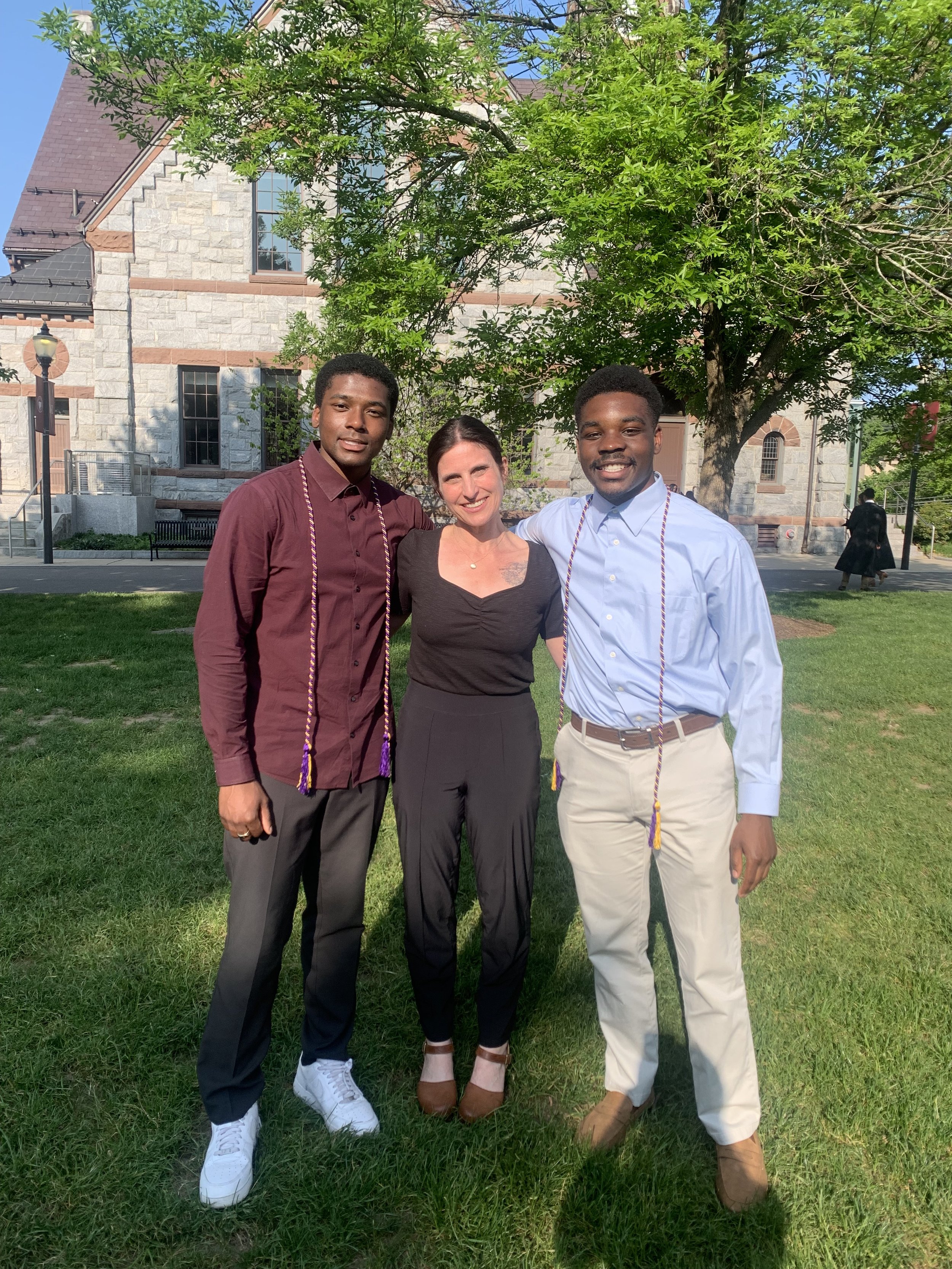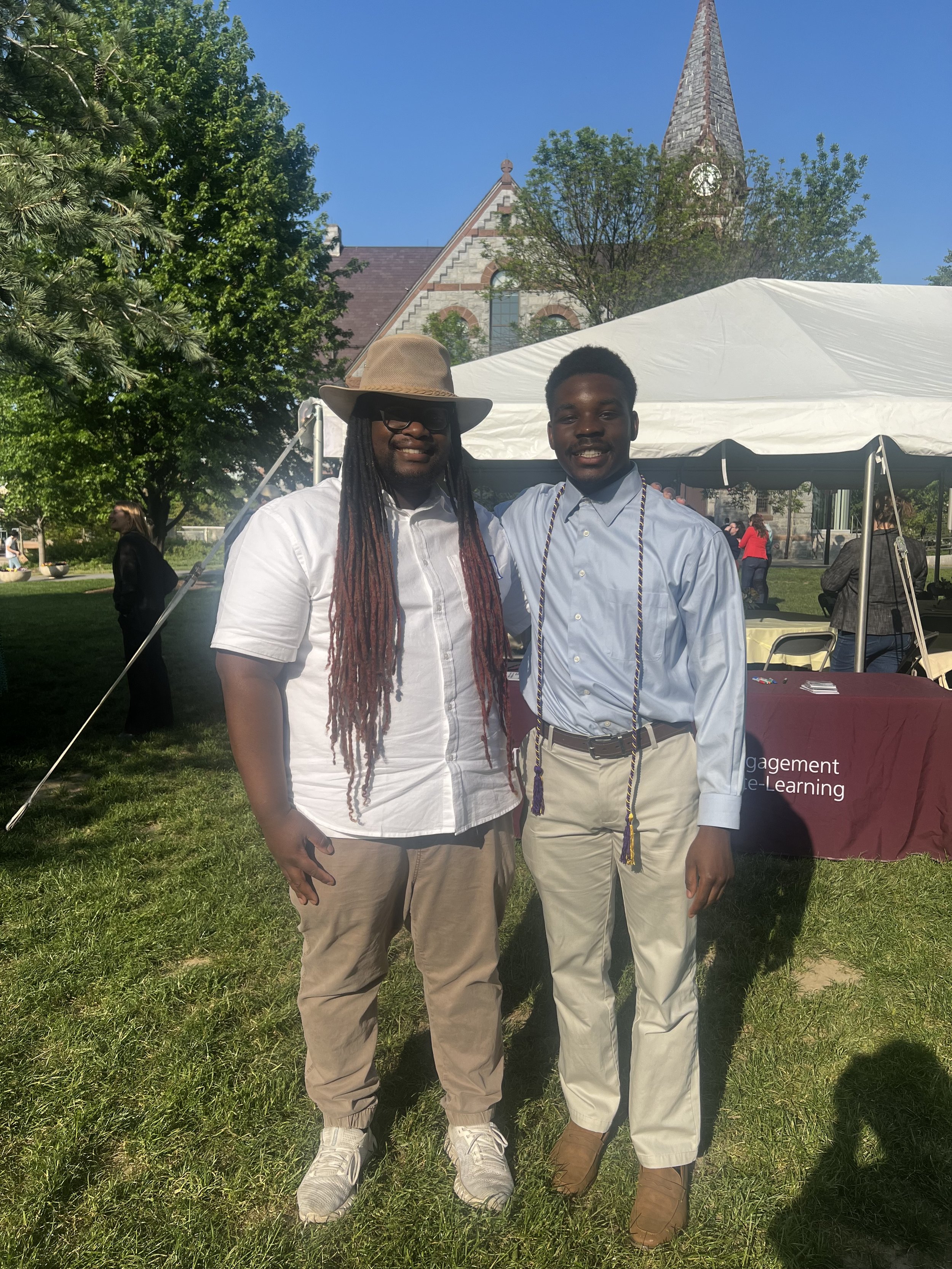My Honors Thesis
I was in New Orleans, Louisiana when I learned that I was accepted into college. The sender was the University of Massachusetts Amherst.
I didn’t really know how to feel about it, as I only applied to three other schools; yet when I read the email, something stood out in the fine print. Somehow, I was accepted into the honors college.
Clearly, there must’ve been a mistake. I wasn’t “honors” material. If you don’t know me, I was an athlete in high school. So, how could I have been accepted into the honors college? It didn’t make sense. Nonetheless, with a little bit of imposter syndrome (and two other college denial letters), I eventually accepted to enroll at UMass, and with that acceptance came the title of Commonwealth Honors College (CHC) student.
Thus, as CHC student I now was met with some dreaded honors requirements; the most dastardly of all, the “honors thesis.”
I was screwed.
Well, I was screwed until I got saved. After taking a Civic Engagement and Service Learning (CESL) my freshman year, I was introduced to something called the Community Scholars Program (CSP), as an alternative to fulfill my honors thesis requirement.
The Community Scholars Program is a two-year academic community engagement and leadership program that works in collaboration with community organizations to advocate for a more just world. It’s taught by the amazing Deborah Keisch, and the themes of the classes have been Good Societies, Tools for Democratic Change, Public Policy, Citizen Action, People Power, and Change. Through CSP, I was partnered with the Springfield Food Policy Council and Gardening the Community; and within both these organizations I received the amazing opportunity to help with the “Hampden County Table Stories” Project which in turn fulfilled my honors thesis requirement.
Hampden County Table Stories
The Hampden County Tables Stories Project is a food centered health equity project across the lived and built environment. The main goal of the project is for Springfield youth to realize their strengths in community engagement and community building, and the way we do that is through a practice called “photovoice.”
Photovoice is a method of research that incorporates storytelling, video, photography, and visuals, to create a more inclusive and equitable society. By using this method, youth in our project realize their strength by capturing intergenerational, cross-cultural stories of health inequities in the food system and built environment; So, if you’re interested in reading the paper yourself, click here!
Massachusetts Undergraduate Research Conference
As part of my thesis, I had to present at the Massachusetts Undergraduate Research Conference (MassURC). Click the button below to watch my video presentation for the “Hampden County Table Stories.”
Stanley Claude, Deborah Keisch, and Maurice Powe
Maurice Powe and Terrell James
Lastly, I would like to acknowledge the staff and activists who helped me throughout this project. Huge shout outs to, Liz O’Gilvie, the Springfield Food Policy Council and Gardening the Community Director; Terrell James, a PhD student studying Anthropology at UMass Amherst, and a major facilitator of the project; and Deborah Keisch, my thesis faculty advisor and professor for the CSP program. None of this would be possible without their help, so overall THANK YOU guys!



